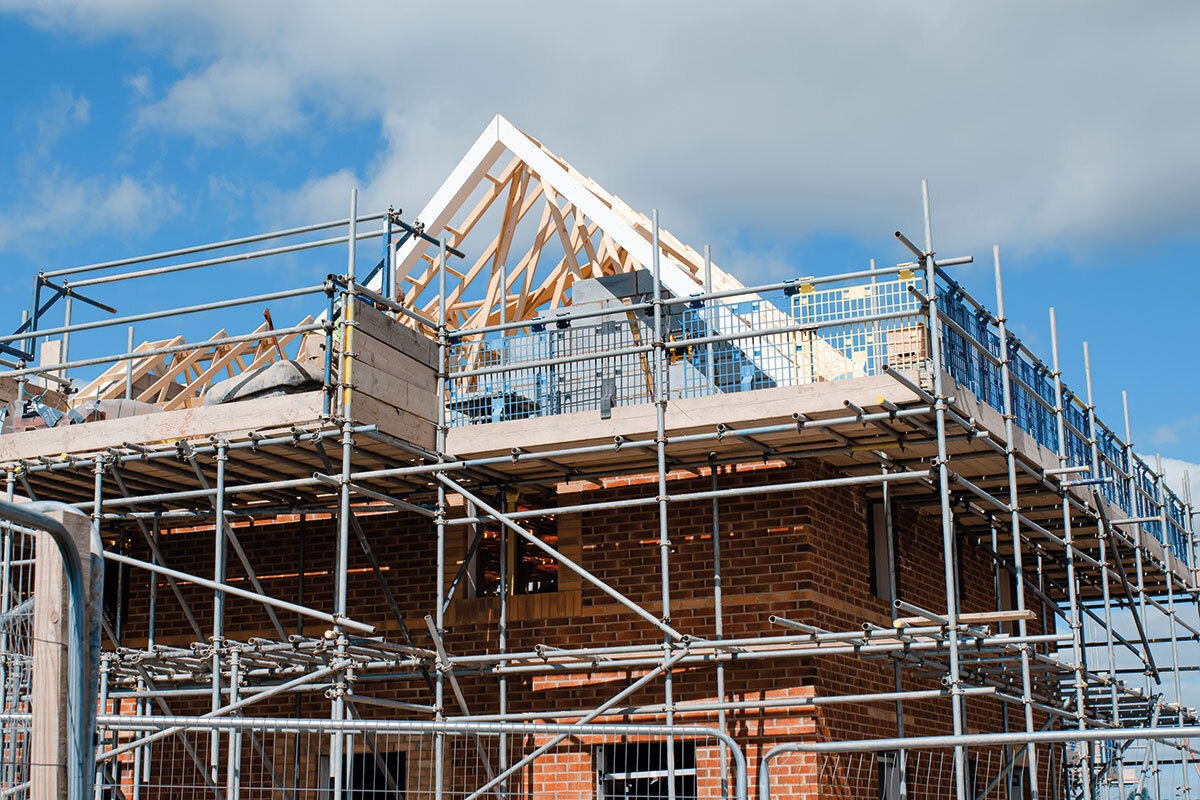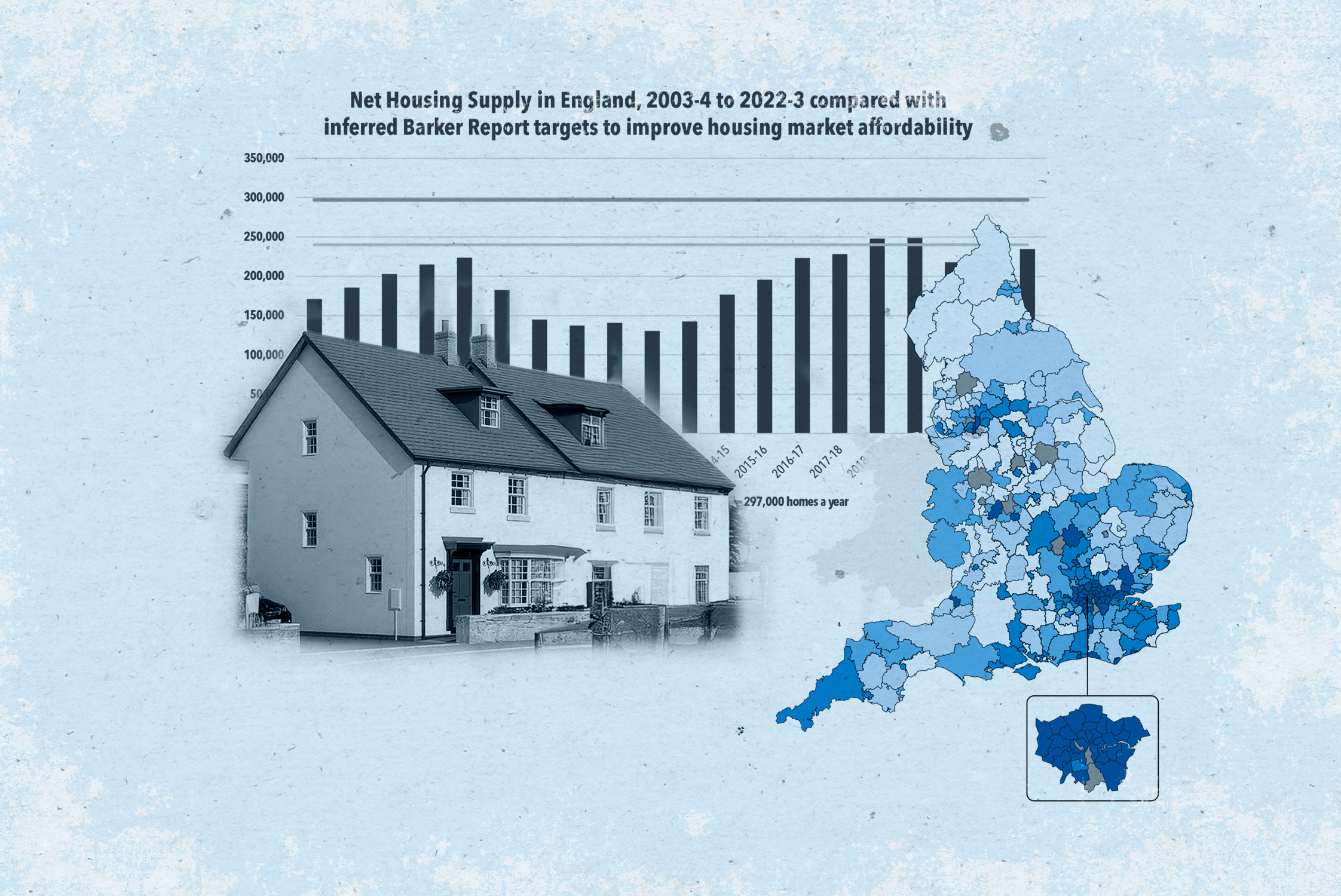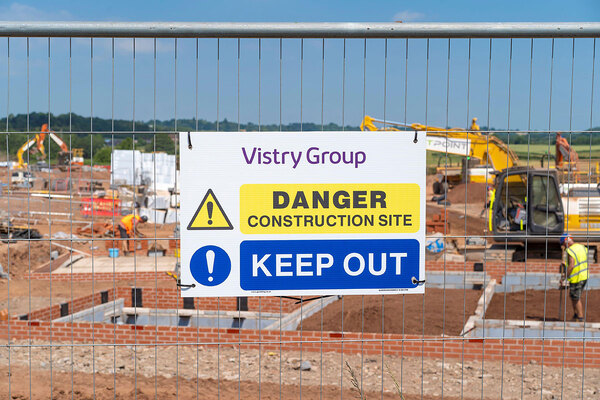You are viewing 1 of your 1 free articles
Conservative leadership hopeful right to challenge nutrient-neutrality rules, say house builders
House builders have praised Liz Truss for promising to ditch environmental guidance blamed for delaying 120,000 new homes.
The foreign secretary told The Telegraph she would get rid of the nutrient-neutrality rule brought in after a European Court of Justice ruling in 2018.
The National Federation of Builders (NFB) described the guidance as “the sort of red-tape nonsense” that must be tackled head-on now the UK has left the EU.
As of June, 74 local authorities were covered by nutrient-neutrality advice from the government, which means developments can only be given planning permission if they will not cause any additional pollution to the local area.
Inside Housing first reported on the issue in 2019, when the restrictions were largely confined to the Solent region. However, they have since been applied in more areas of the country.
The Home Builders Federation (HBF) recently claimed the rules are delaying the construction of around 120,000 new homes.
In July, a number of housing associations told Inside Housing that nutrient-neutrality advice is “having a huge impact” on the sector’s ability to deliver new homes because of its effect on land and other development costs.
In response to Ms Truss’s comments, the NFB said successive government ministers have not taken the issue seriously and it has placed an unfair cost on builders.
“The house-building industry has spent three years being blamed for pollution they didn’t cause and, despite our desperate efforts, no minister or prime minister has worked with us on reasonable solutions to ensure 100,000 homes don’t get caught in a planning quagmire,” said Richard Beresford, chief executive of the NFB.
“It should never have taken this long for this travesty of a decision to be appraised and we thank Ms Truss for giving it the attention it deserves.”
Nutrient neutrality is one of a number of issues facing the sector, including a record number of house-builder insolvencies in the first quarter of this year.
Landlords recently told Inside Housing they were being forced to rethink their relationships with small and medium-sized house builders and construction firms, to ward off insolvencies and provide stability to development pipelines.
Sign up for our development and finance newsletter
Already have an account? Click here to manage your newsletters












